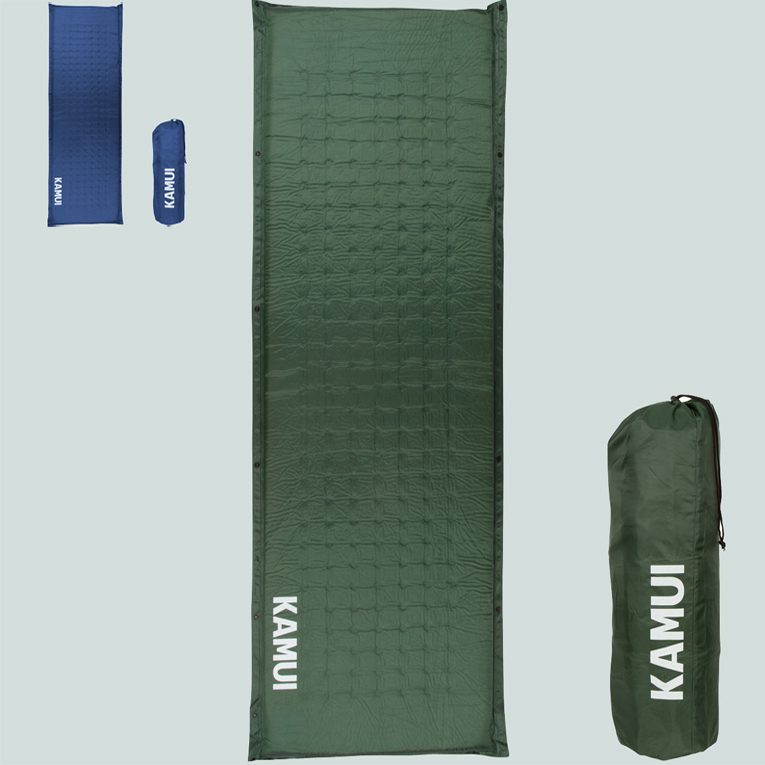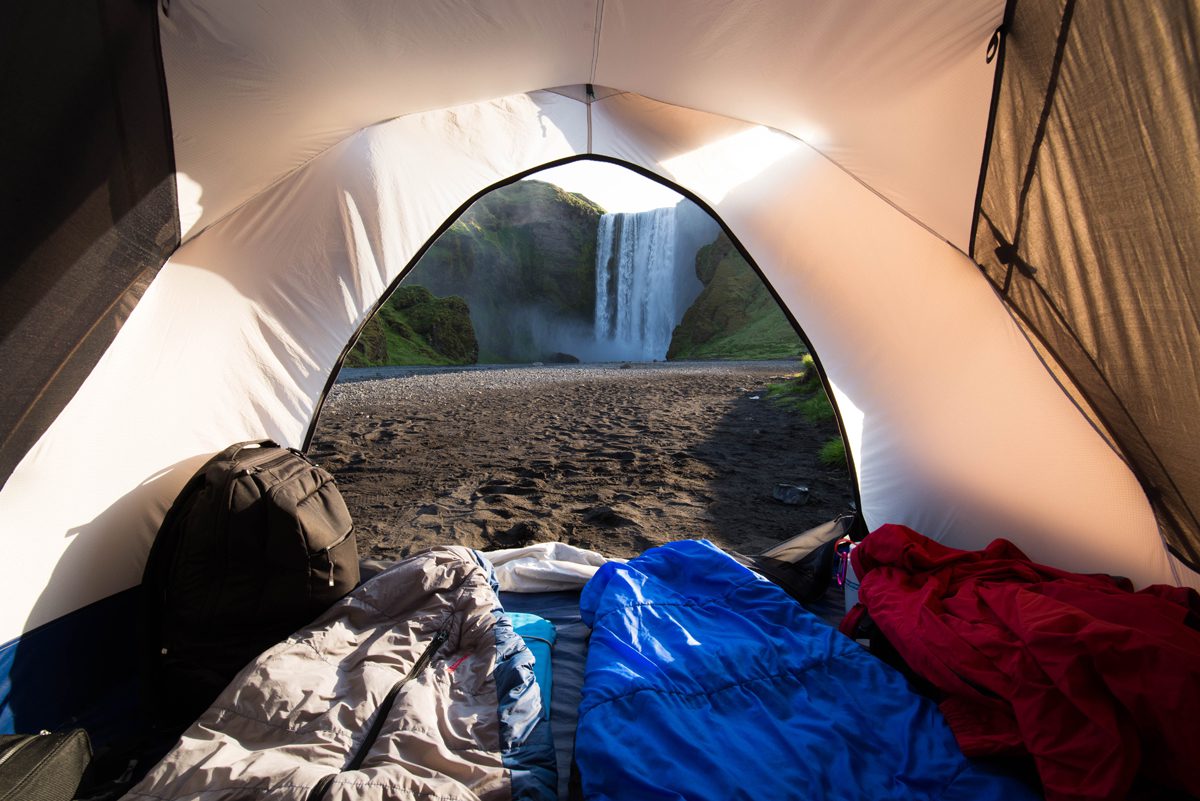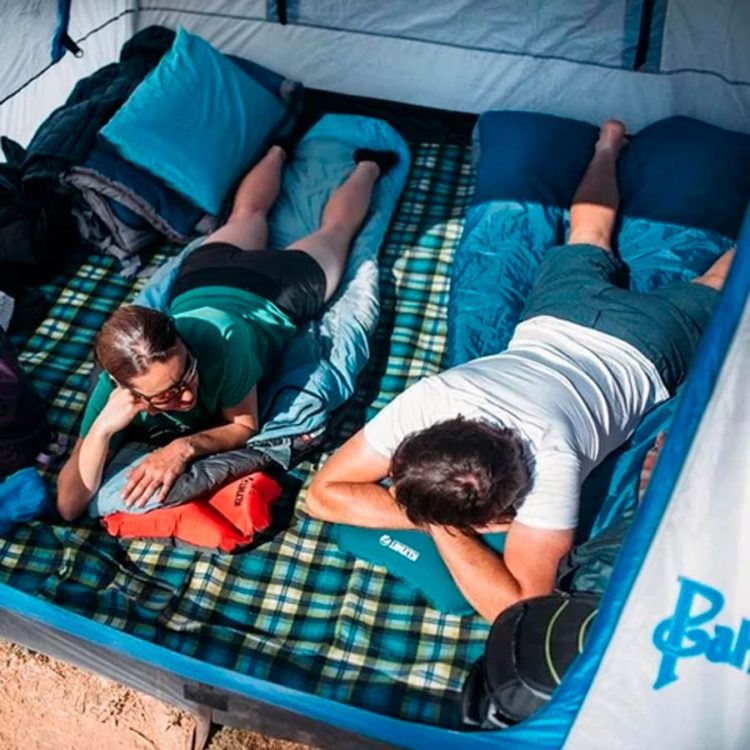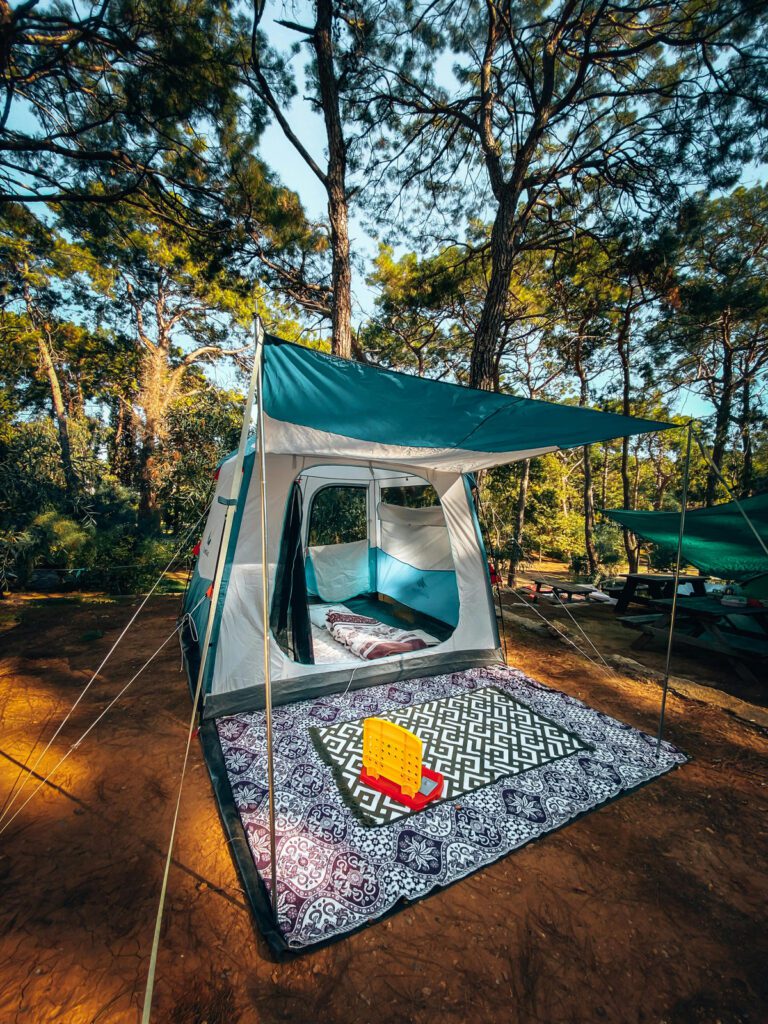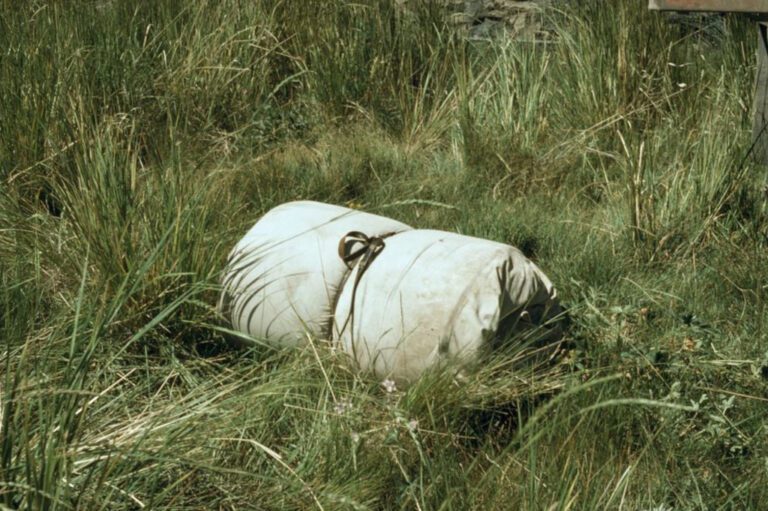Phone
+1-650-666-095
Contact E-mail
[email protected]
Address
16192 Coastal Hwy, Lewes, DE 19958-3608
Are Sleeping Pads Necessary for Camping? We Have The Answers You’re Looking For!
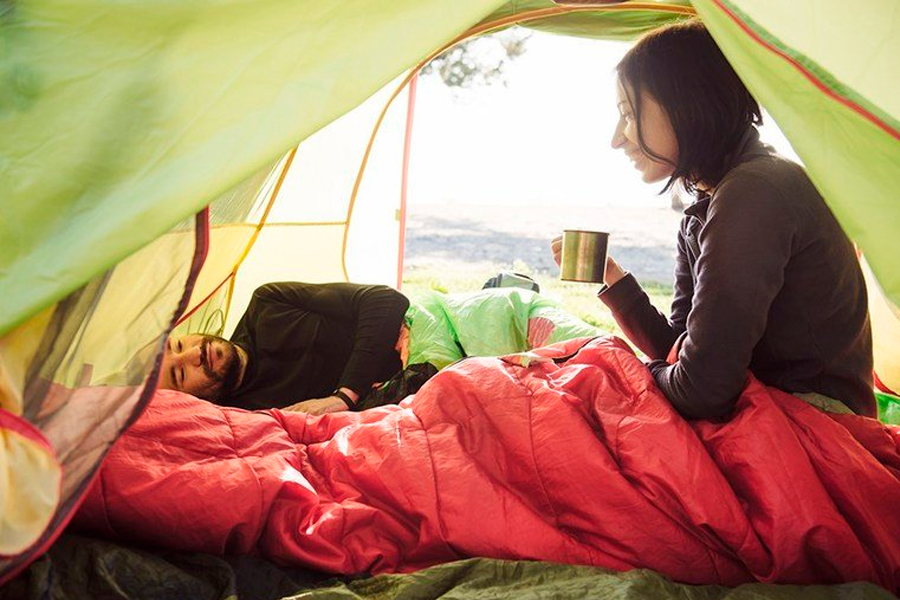

You’re ready to get out to the wilderness and rough it for a couple of nights. Now you’re thinking: Are sleeping pads necessary for camping?
You may think that a sleeping pad is an extra convenience that you don’t need. However, depending on how cold it gets at night, a camping pad may be all that lies between you and hypothermia.
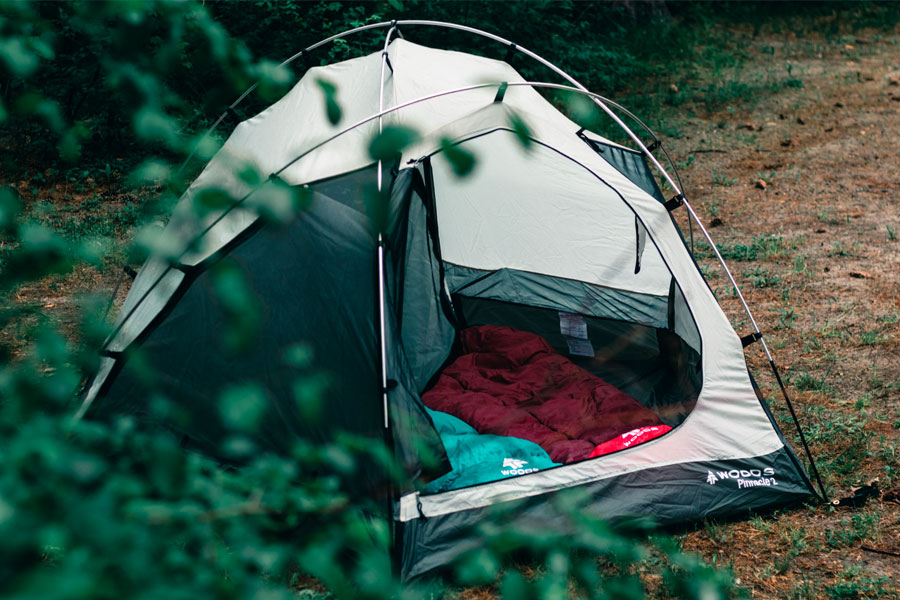

Are Sleeping Pads Necessary for Camping?
Here is why you need a sleeping pad when camping:
Sleeping Pads Help Retain Heat
There are a lot of ways to lose heat while camping. One sneaky way is to the ground, when the weather drops below 80 degrees at night. Most places you camp will cool off at some point, and a sleeping pad can insulate you from the chill.
If you plan on sleeping in colder weather, you will need a more insulated pad so that you can keep even more heat in your sleeping area and give less to the ground beneath. These will give you good thermal resistance, or R-value, to protect against the cold.
Different sleep pads will have different levels of R-value. The higher the value, the better the pad will protect you against the chill.
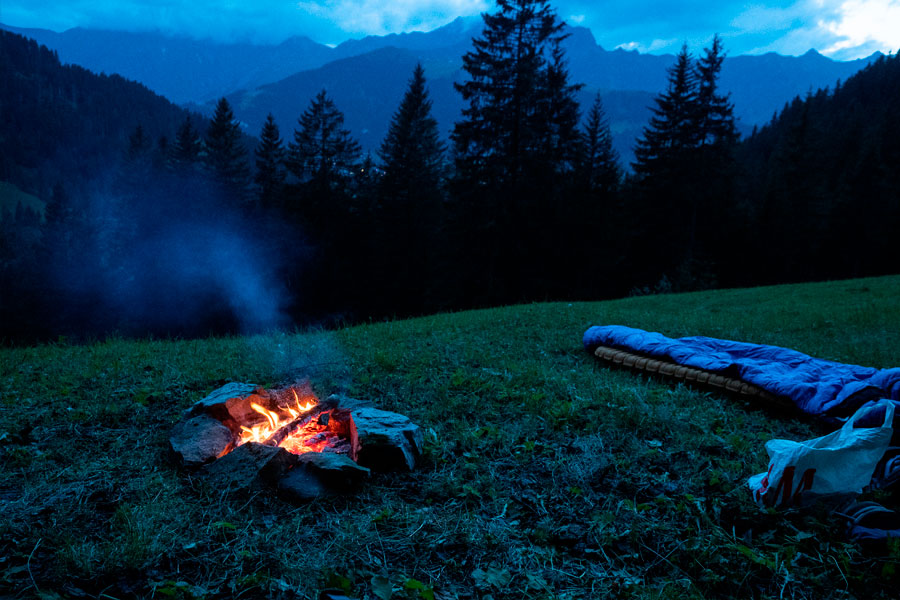

Get a Better Nights Sleep
You might luck out and find a soft spot when camping without a sleeping pad but you can’t count on that all the time. A comfortable sleeping pad helps you guarantee a good night’s sleep on every trip.
Sleeping better will make the whole adventure more fun. It’s hard to enjoy yourself when your back hurts or when you’re running on an hour or two of sleep.
Comfort and warmth will go a long way in keeping you happy and healthy as you enjoy your camping experience through some games! You don’t have to ask if sleeping pads necessary for camping anymore, once you know how comfortable they are.
What to Look for in Sleeping Pads
No matter what type of sleeping pad you settle on, a high quality pad will be self-inflating and allow you to connect it to other pads and expand.
When choosing one, keep the following in mind – a pad needs to be:
- Insulating
- The right size
- Comfortable
It’s also good if the pad is:
- Lightweight
- Self-inflating
- Expandable
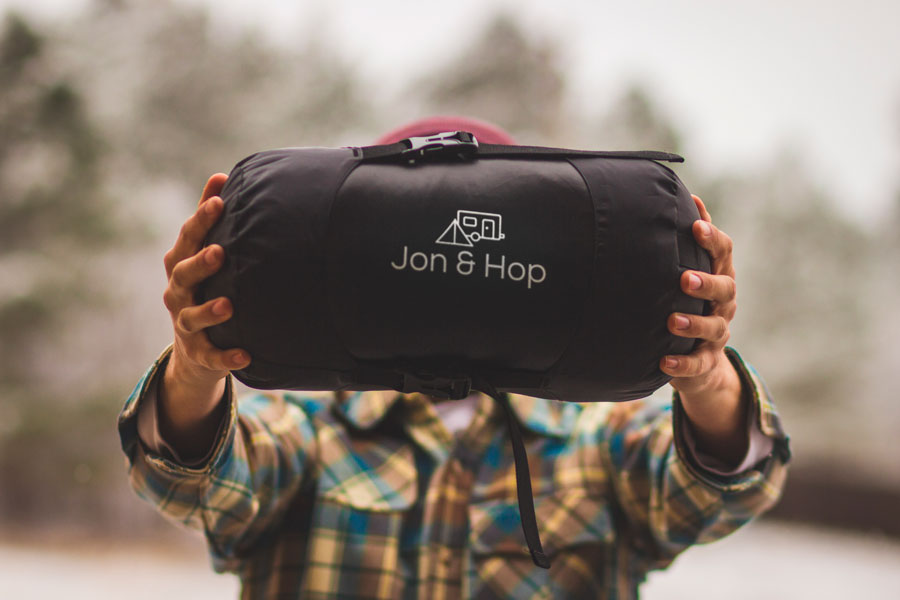

Are There Any Substitutes for Sleeping Pads?
There are other types of sleep aids available for when you go camping. A sleeping pad is almost always superior at providing both warmth and comfort to a camper.
Air Pads
An air pad is an option when you want a cheap alternative and prefer to travel light. It requires blowing up or pumping before use because the core is air. Air pads don’t have foam, making them lightweight and compact. They pack down small to the size of a regular water bottle. Since they have a very minimal R-value, they are only used during fair weather conditions.
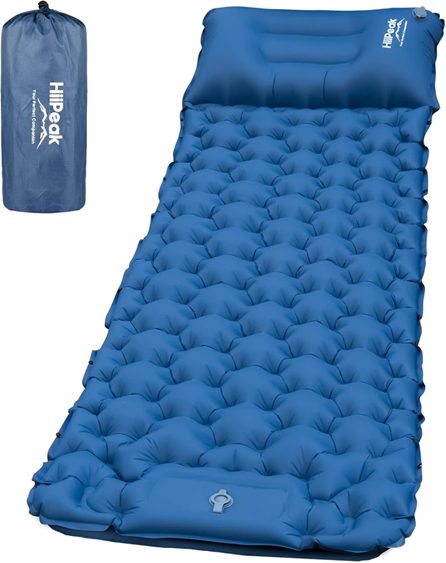

Foam pads
Foam pads are made using dense foam with small, closed air pockets. These are called closed-cell foam pads. They are compact, easy to roll up, durable, and don’t require blowing up. Foam pads are sometimes placed under sleeping pads to provide an additional layer of insulation and protection from hard surfaces, sharp rocks, and sticks. They have an estimated R-value that ranges from 1 to 2.
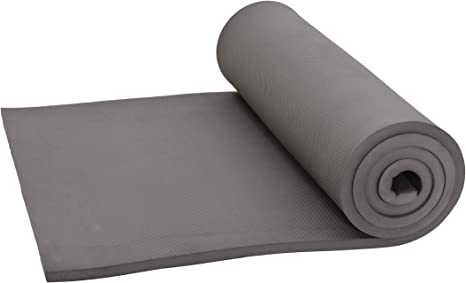

Plain Sleeping Bag
The first thing that comes to mind as a substitute for a sleeping pad is a sleeping bag. While these are lightweight and easily rolled up for convenience, they don’t provide the same level of comfort or warmth that a sleeping pad will.
A sleeping pad will give more insulation and padding against the cold, helping you achieve a better level of sleep..
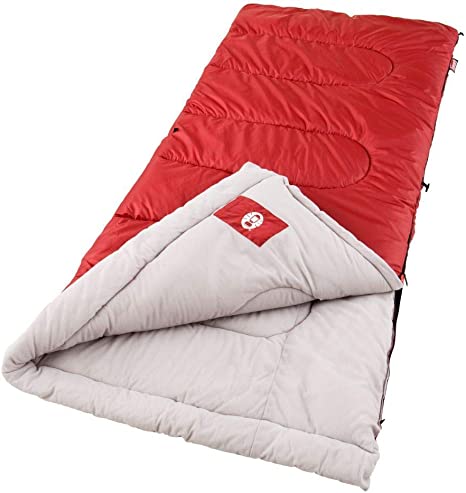

Mattress Topper
Some people choose to bring mattress toppers as a buffer between the ground and their sleeping bag when they go camping. Unfortunately, while this is probably a very comfortable option (if you choose memory foam), they are heavy and hard to make compact. These are not a good option for someone who wants to hike to a camping site.
Blankets
While it seems like a no-brainer (everyone has some old blankets lying around, after all!), extra blankets aren’t as viable an option as you might expect. Because blankets, even the warmest ones, tend to be thin, they don’t provide a good barrier between the cold ground and a camper.
You’ll likely need multiple blankets to get a decent buffer to keep out the cold. Not only that, but they quickly take up space and add weight in ways a sleeping pad doesn’t.
Inflatable Lounger Or Mattress
If you love spending time at the pool, you may have an inflatable lounger lying around, ready for some off-season use. This may seem like a similar concept to a sleeping pad — an inflatable one — but it isn’t.
Yes, they both inflate, but they don’t do nearly the same job. Not only will the sleeping pad likely be more comfortable than the mattress, but sleeping pads are designed to keep you warm and insulated. A pool lounger is designed to keep you floating in a body of water, and that’s it.
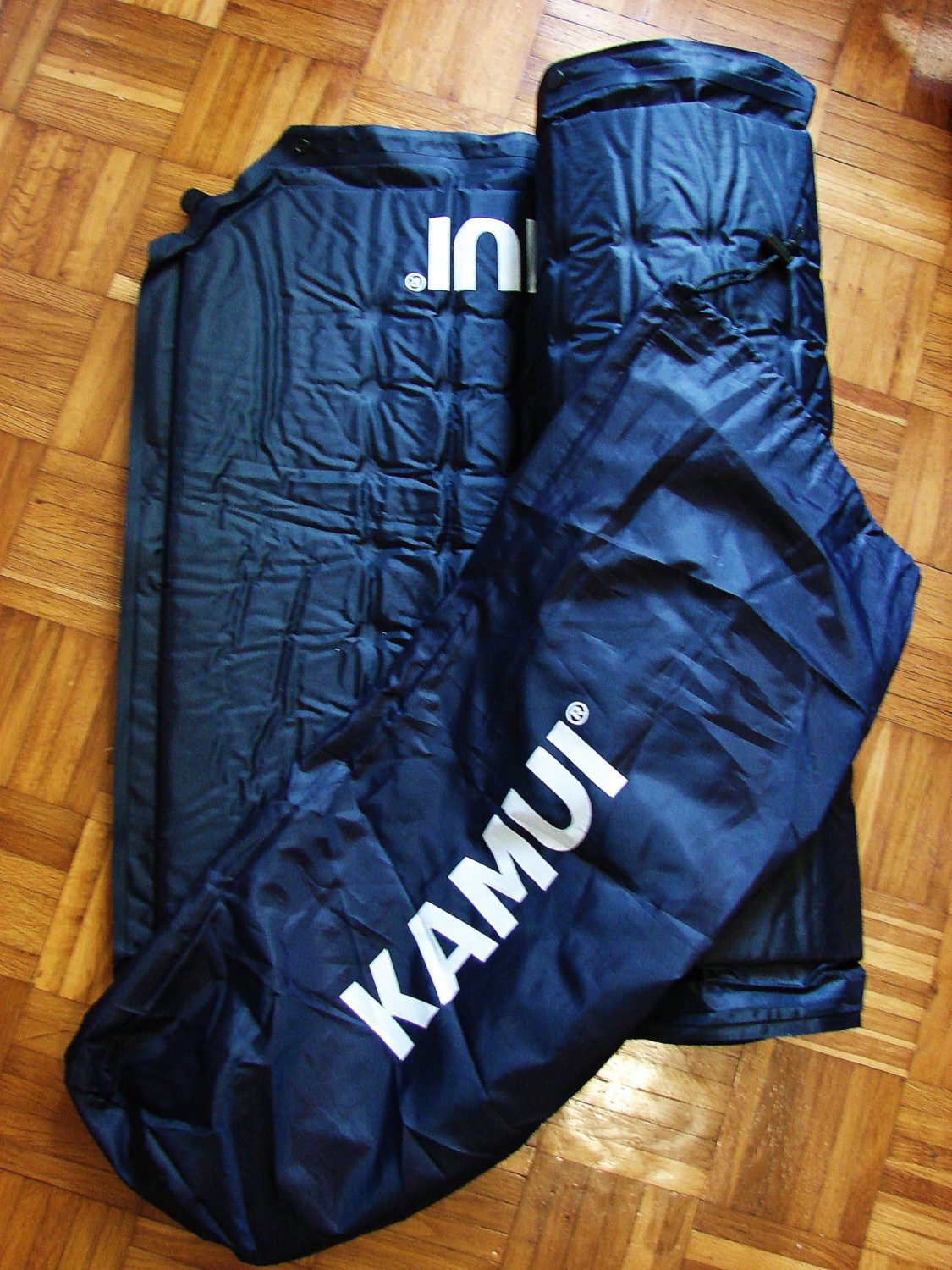

KAMUI Self-Inflating Sleeping Pad
If you’re looking for a great option in sleeping pads, the KAMUI Self-inflating Sleeping Pad can help you out. With this pad in your car’s trunk, you won’t have to ask “Are sleeping pads necessary for camping?”.
The pad weights only 3.5 pounds, and it easily rolls up. You get three compression bands and a storage sack to make it easier to put into your camping gear every time.
When you need it, the pad inflates on its own, making a very thick and comfortable sleeping mattress for you, every time. The durable fabric comes with an R-Value of 5.7. This pads rating states that you can enjoy it in all seasons of camping.
If you need to put a few of these pads together for your family, no problem. They have a connector system that lets you sleep with multiple pads together. Everyone will enjoy the comfort and protection of the pads all night.
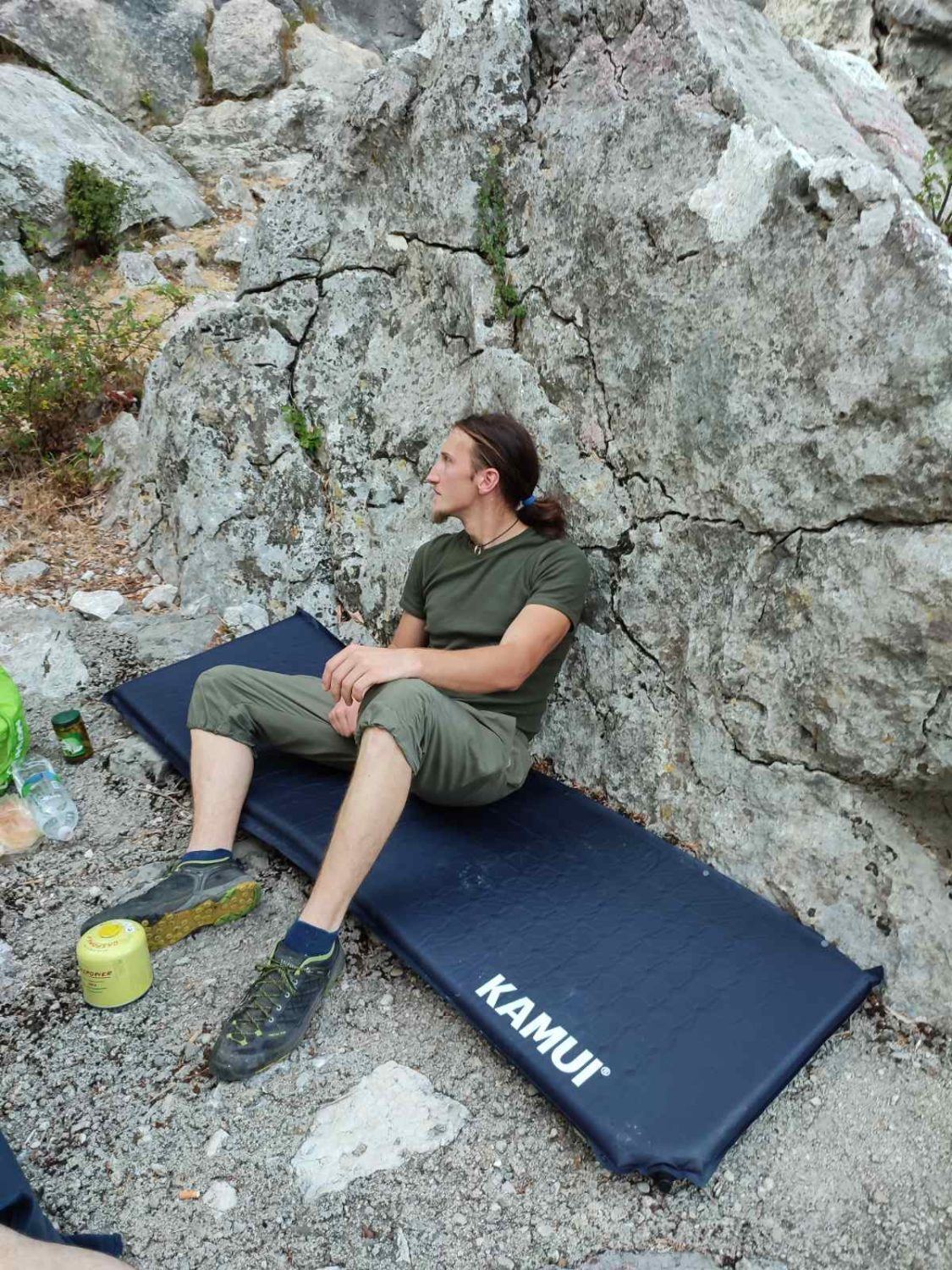

When do you Need Sleeping Pads?
The key to good outdoor sleep is a good sleeping pad that is right for your needs. When choosing a sleeping pad, you should consider the conditions you will use it for aside from comfort and insulation because your sleeping pad will depend on your intended camping style. When winter camping, choose a sleeping pad that provides sufficient warmth and insulation. Read on to find out which type of sleep system is ideal for every outdoor adventure.
Backpacking
Most backpackers would choose air pads for their sleep system since they want to go light and compact, especially if they do long-distance backpacking or hiking.
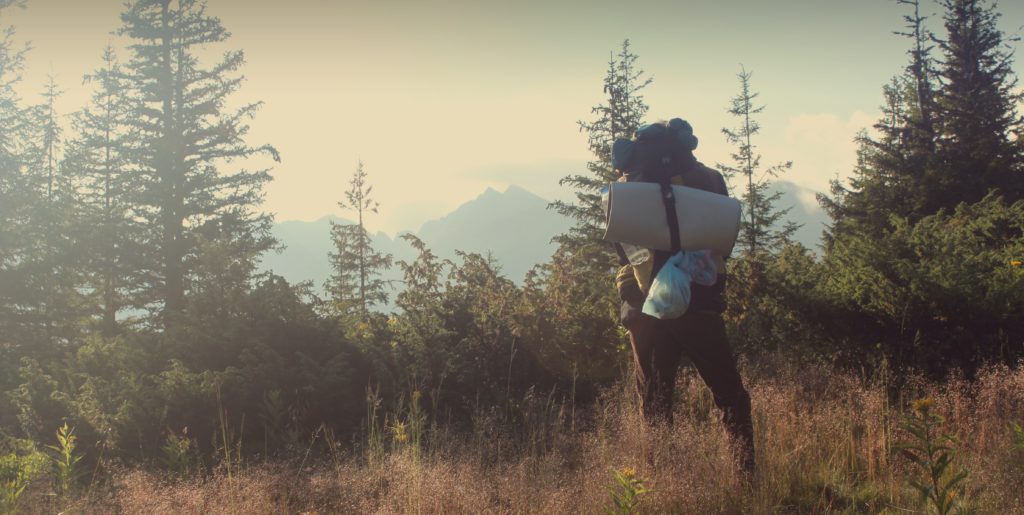

Camping Trip
Having an excellent sleep experience while being out in the backcountry is what makes a camping trip relaxing. While comfort can be subjective depending on the user, many campers choose their sleeping pads based on warmth, insulation, durability, and packability. Outdoor enthusiasts who do all-season camping consider having an all-season sleeping pad as a practical answer to their camping needs.
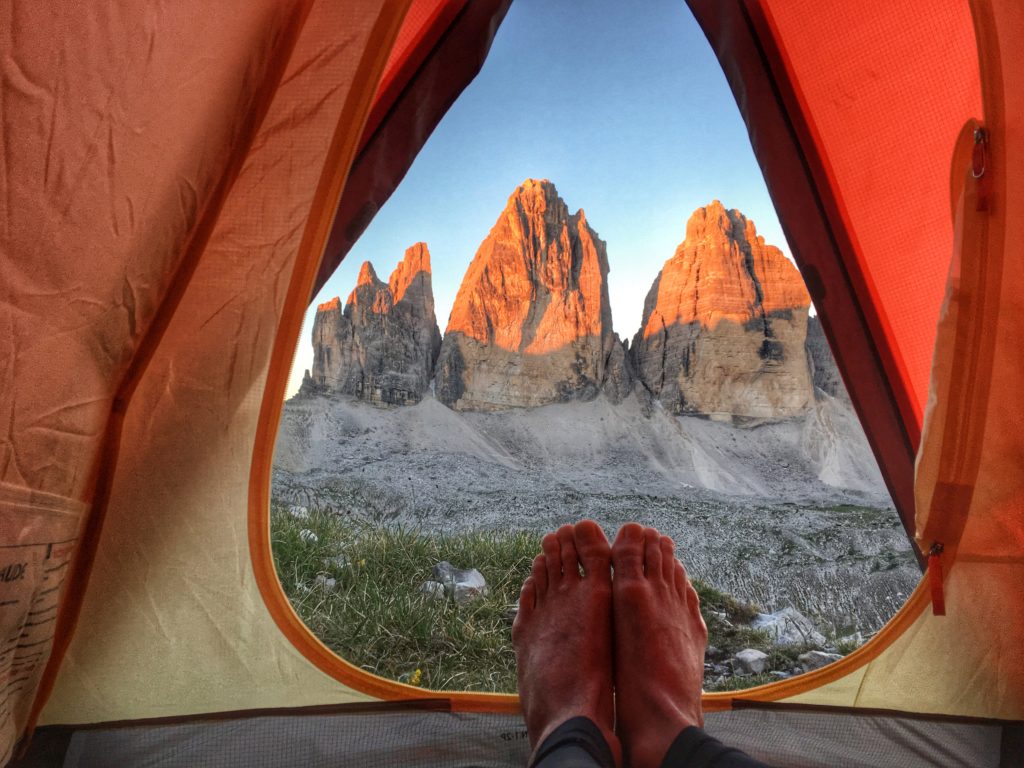

Car Camping
If you’re more concerned with ultimate comfort and insulation and don’t need to go light, a self-inflating sleeping pad is the way to go. Self-inflating sleeping pads can be a little bulky and heavy, but they’re an excellent choice for car camping, short hiking trips, or when camping near your car where weight and space are not a problem.
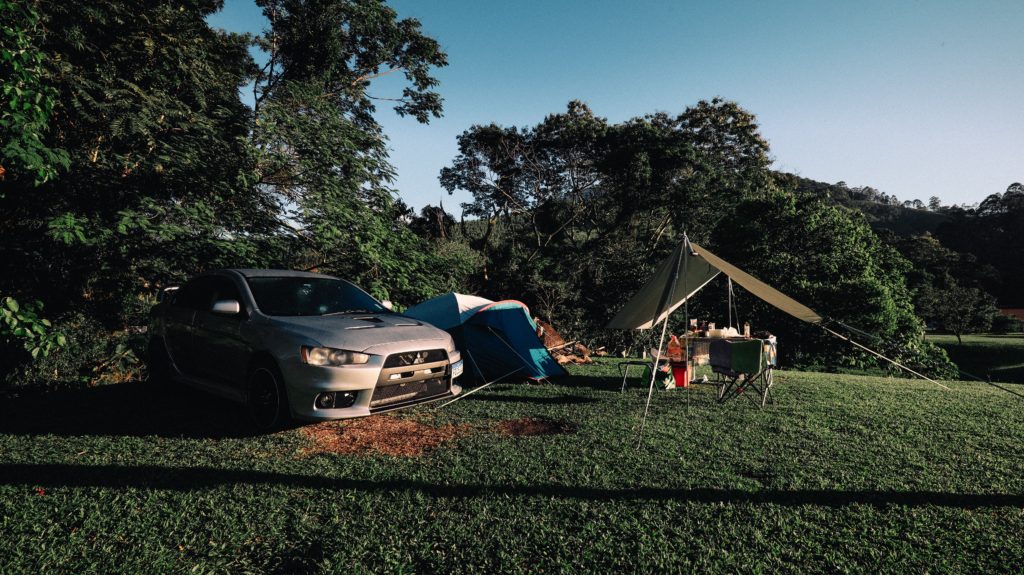

Hammock Camping
Hammock campers know that they need proper insulation while camping at night because temperatures may drop. An air pad is a light and good option since it can be adjusted to fit the shape of the space inside a hammock.
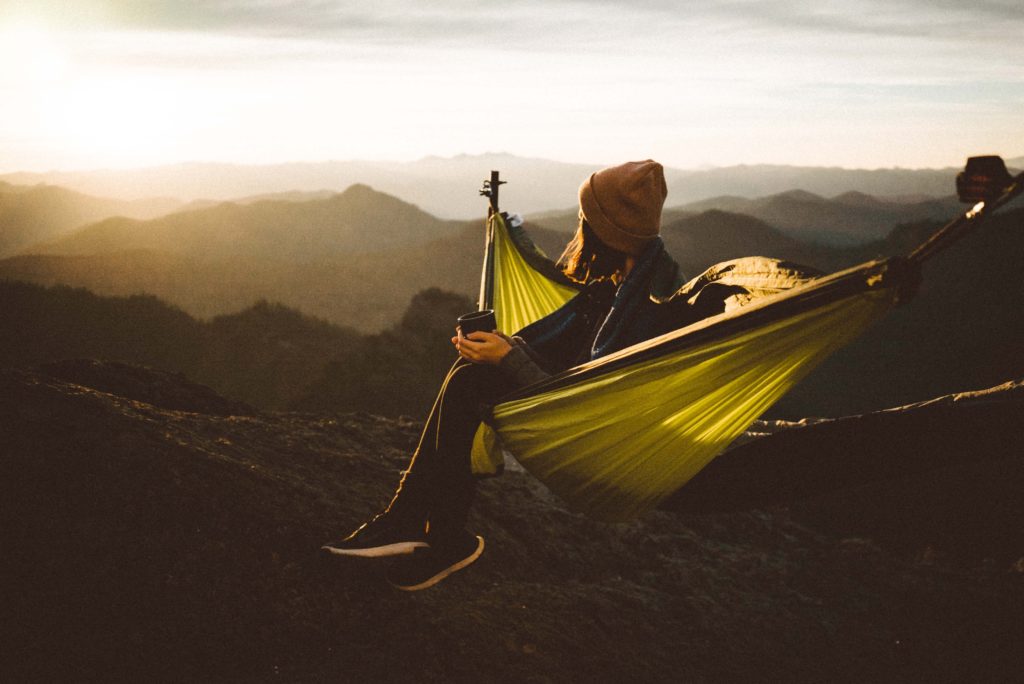

Winter camping
Self-inflating sleeping pads with high R-value are must-haves when winter camping. The R-value should be 5 and above to ensure you stay comfortable even while the temperature is freezing outdoors.
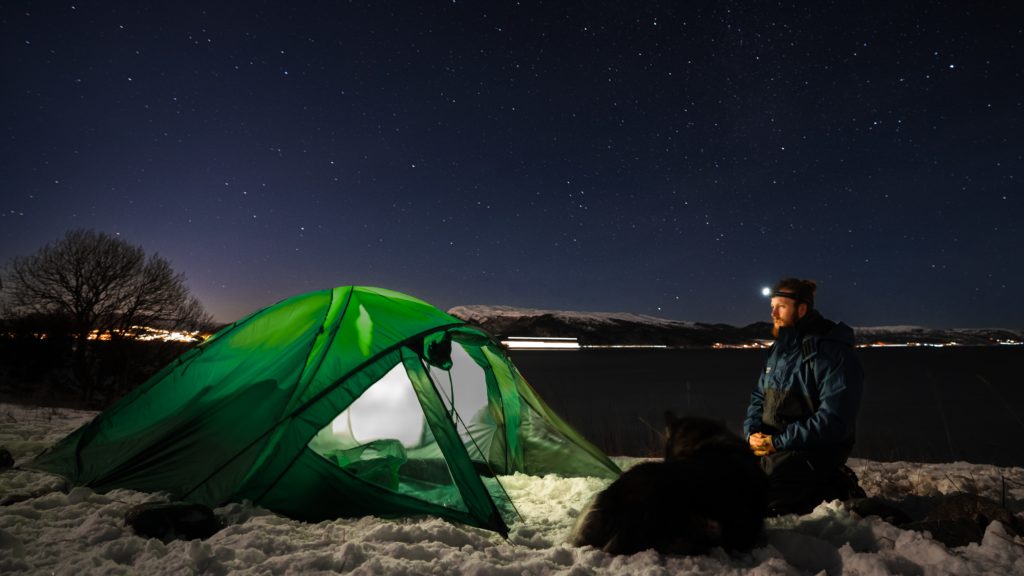

Sleep Better While Camping
Adding a quality sleep pad to your camping trip essentials allows you to have even more fun when you’re enjoying nature.
You will sleep more comfortably, warmer, and get better rest every night, which allows you to take on new challenges and experiences with a smile. We hope our article helped you with your burning question: Are sleeping pads necessary for camping?
KAMUI Self-Inflating Sleeping Pad
- Connectable with multiple sleeping pads
- 4-season sleeping pad
- Provides great back support
- Comes with a storage bag
